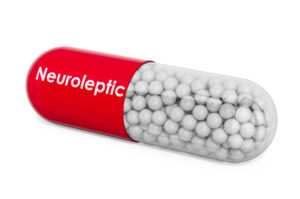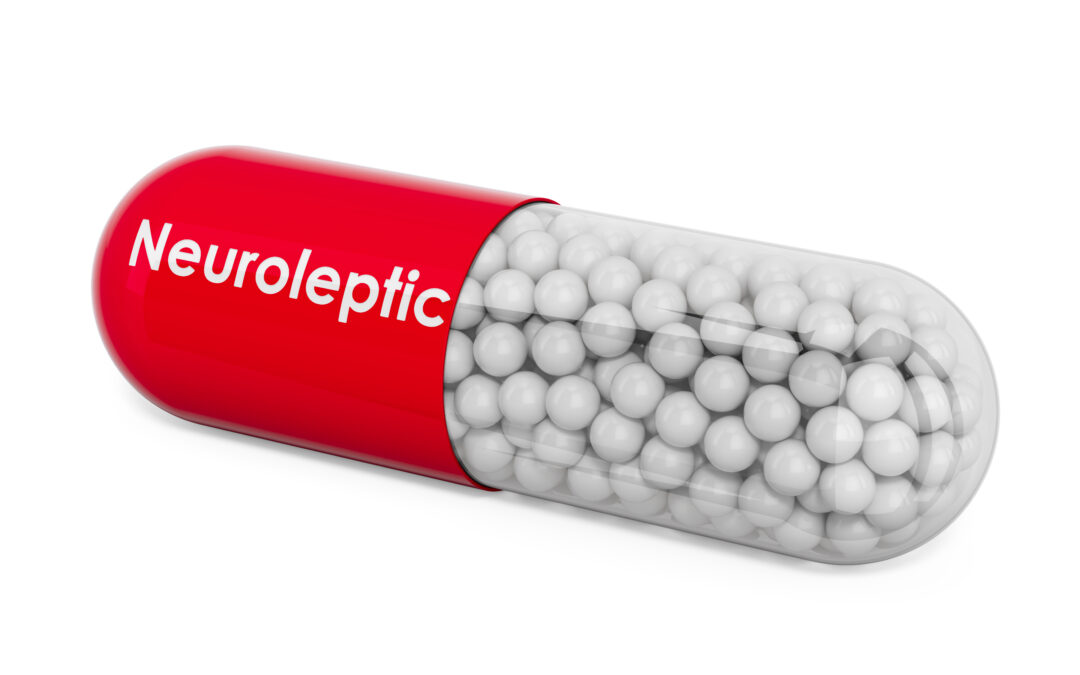Antipsychotic, also known as neuroleptics or major tranquilizers, are a group of medications that are routinely prescribed to treat people with schizophrenia. These medications can help some people with psychosis and mood disorders; however, these drugs can have serious side-effects.
Tardive dyskinesia (TD) is a non-curable movement disorder that causes various repetitive muscle movements in the face, neck, arms and legs such as:
- Jerking hand and legs
- Neck twisting
- Difficulty swallowing
- Eye-blinking & grimacing
- Lip smacking & involuntary tongue movements
The most common anti-psychotic medications that have been shown to cause tardive dyskinesia are:
- Chlorpromazine
- Fluphenazine
- Haloperidol
- Perphenazine
- Prochlorperazine
- Thioridazine
- Trifluoperazine
- Metoclopramide
- Amitriptyline
- Fluoxetine
- Phenelzine
- Sertraline
- Trazodone
- Levodopa
- Phenytoin

References
https://www.youtube.com/watch?v=ucrV4ljDKuE
https://www.nami.org/About-Mental-Illness/Treatments/Mental-Health-Medications/Tardive-Dyskinesia
https://medlineplus.gov/ency/article/000685.htm
